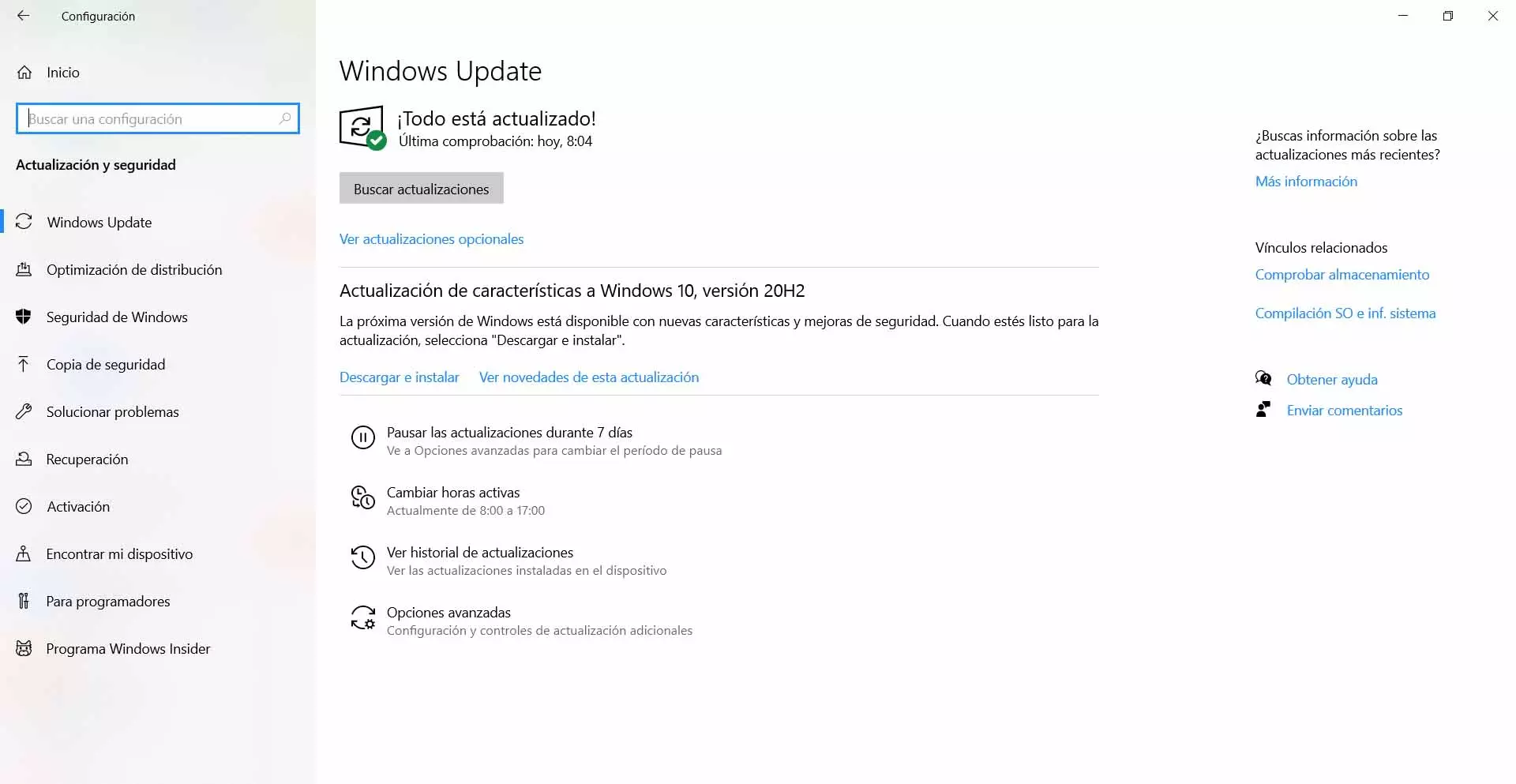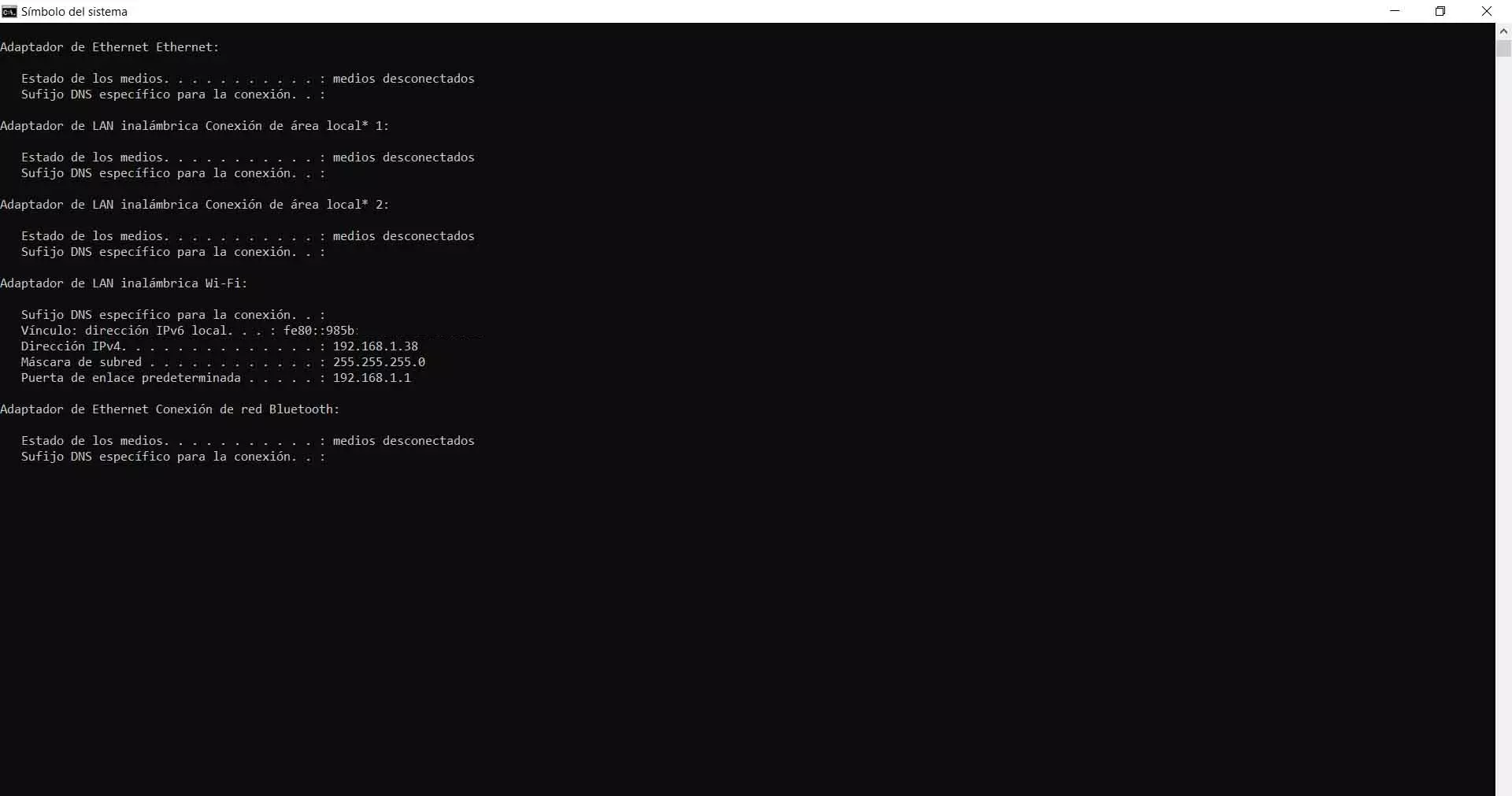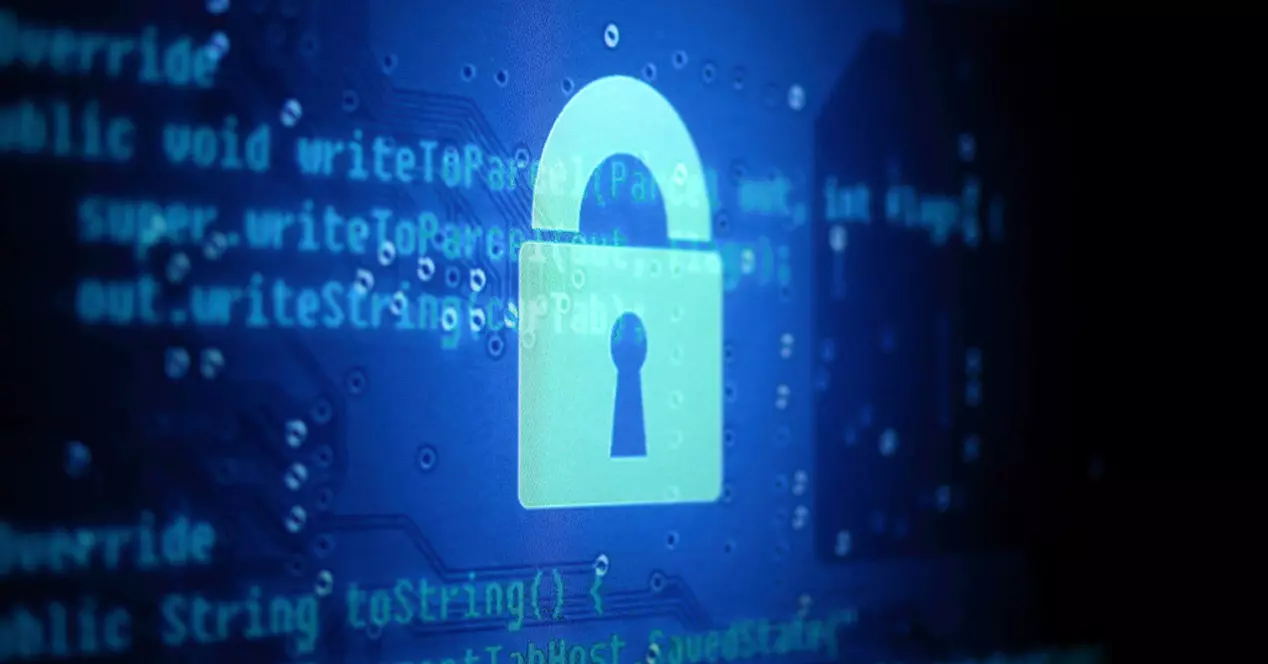
We always say that it is very important to have security programs, such as an antivirus. It is for Windows, but also for many other operating systems. Now, it is very common to think that for Linux it is not necessary to use an antivirus. In a way, there are reasons for this to be the case and we are going to explain them in this article. It is an operating system that you will still have to protect, but it does not have the same problems as, for example, Microsoft OS.
Use or not antivirus in Linux
Linux is an operating system that has many distributions and many users use it as an alternative to Windows or as a complement. One of the strengths is precisely the security, since at least on paper there is not as much risk of a virus entering as in the case of Windows. Why is this happening?
Less malware for Linux
One of the reasons not to use antivirus on Linux, or at least not as necessary, is simply that there is less malware for this operating system. At the end of the day, hackers seek to reach the masses, the programs or services that people use the most. Linux is less used, so they don’t put as much effort into creating malicious software.
Also, there are multiple Linux distributions, unlike Windows. This also makes it more difficult to create viruses that can affect many users. It is not so easy to launch attacks in this sense.
Installation files are more secure
Another factor to take into account is that the installation files they are very different from Windows. In the case of the Microsoft system, we can download .EXE files, executables, which are often malicious and that is where the problem begins. In the case of Linux, this does not work like this, since it is not common to have executable files of this type.
The installation process on Linux systems is different, usually through packages, and that makes them more secure as well. You would have fewer problems in this process.
More advanced users tend to use Linux
Although this is something that rather depends on the user, the truth is that it is an operating system that is usually used by people who have more knowledge. This means that they can prevent the entry of malware through typical methods when making a mistake, such as downloading a file from unreliable sources, for example.
In the case of Windows, it is an OS used by users of all kinds. Here we can mention from children to the elderly. Not everyone has the necessary knowledge to know how to identify when there may be danger. You can see that there are Linux distributions for ethical hacking, for example.
The very structure of the system
One must also mention his own system structureof files in general. They usually have up to three types of permissions and it is not so easy for an attacker to gain root access and be able to execute malicious code or take control of the system to steal information, for example.
This also makes us think that it is not necessary to use an antivirus in Linux and it is partly so. On Windows it is different and an attacker can gain permissions through different means.
Your security can also be broken
Now, does it mean that using Linux is already going to protect our security at all times? It’s not like that at all. Although it is more complicated for you to be infected with malware, that does not mean that you cannot suffer many other computer attacks that compromise your security and privacy.
A clear example is a phishing attack. You can end up on a fake page and by putting your login details end up in the hands of attackers. This will happen regardless of the operating system you use, since it does not depend on the OS. That’s where common sense comes into play and not making mistakes.
Your security can also be compromised if you post information online, for example in an open forum or in comments on a web page. In these cases you could see that they obtain very varied data from you and could use it against you.



